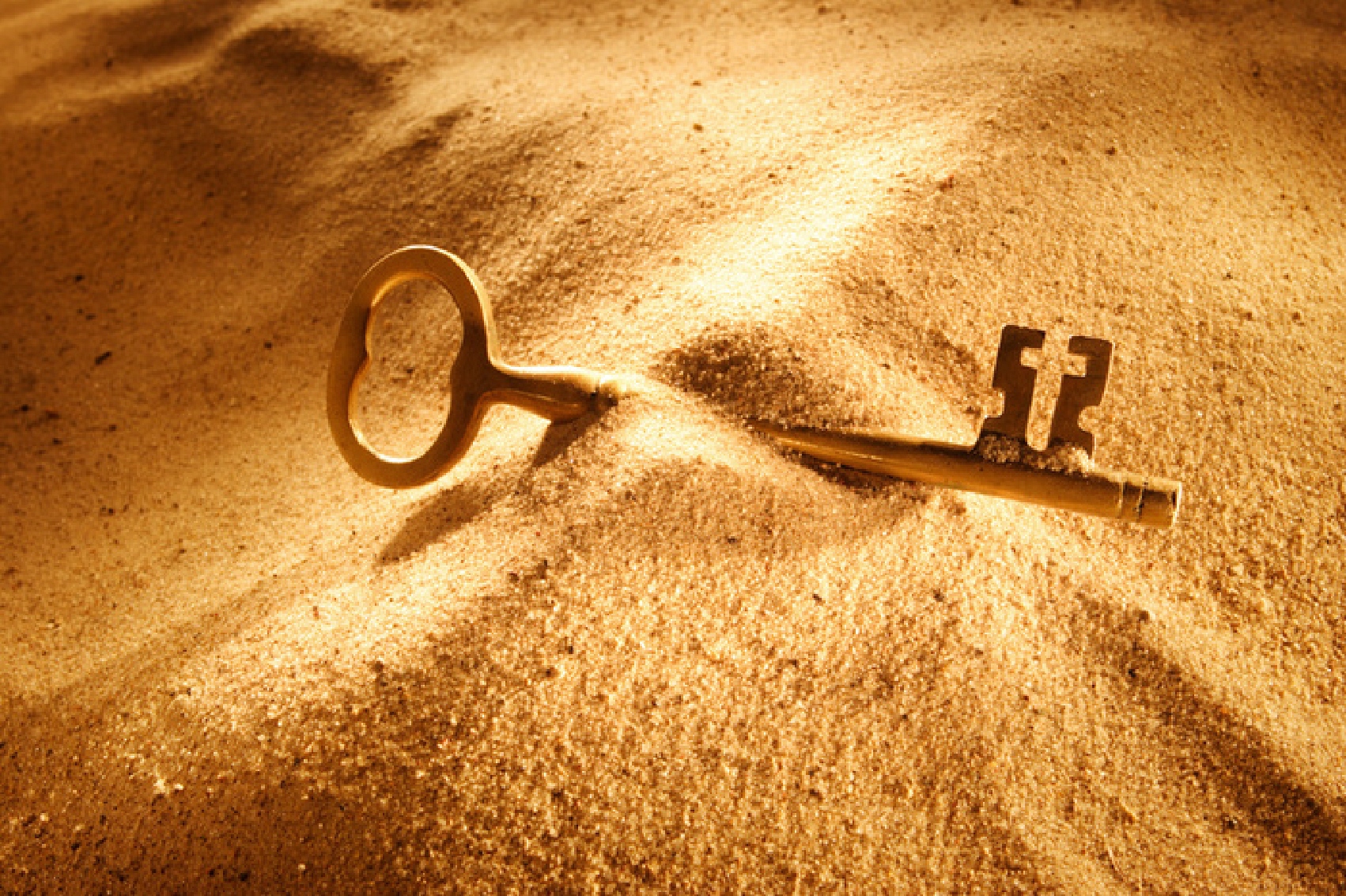by Midnight Freemason Contributor
WB. Adam Thayer
 As Freemasons, we are often called upon to meditate on themes which may make us uncomfortable. Throughout our journey of self-improvement and self-empowerment, we are brought face to face with our own inadequacies, faults, and superfluities, and asked to not only face them, but to actively consider them, and work to improve upon them. We call this process “smoothing our ashlars”, and it is through these difficult times that we become better versions of who we once were, and in this is hidden the true secret of Masonry.
As Freemasons, we are often called upon to meditate on themes which may make us uncomfortable. Throughout our journey of self-improvement and self-empowerment, we are brought face to face with our own inadequacies, faults, and superfluities, and asked to not only face them, but to actively consider them, and work to improve upon them. We call this process “smoothing our ashlars”, and it is through these difficult times that we become better versions of who we once were, and in this is hidden the true secret of Masonry.
“Man that is born of woman is but a few days, and full of trouble” (Job 14:1). In every Master degree we attend, we are reminded that our time here is short, and the journey of improvement is difficult. In the words of Alexis Carrel, “Man cannot remake himself without suffering, for he is both the marble and the sculptor.”
One theme that we are constantly brought to is this: we will all die. Everyone you know, everyone you care about and love, and even you yourself, will one day be nothing more than dust, intermixed with the dust of countless generations that came before you. “We follow our friends to the brink of the grave, and watch them sink into the fathomless abyss; we feel our own feet slipping beneath us, and in a few more suns we too shall be taken into death’s silent reign”. (Nebraska Masonic Funeral Ceremony)
I’m sorry if this is the first time you have been informed of this, I truly am. Being told that your time is short by a nearly anonymous wall of text on the internet must be a very difficult way to learn that painful truth.
Of course, we are all vaguely aware that we will die; it hovers in the back of our minds, a gnat unable to be swatted, but able to be distracted by worldly things such as work, television, alcohol, and sex. We move from one novelty to the next, in pursuit of peace of mind, and cower in terror when forced to confront the speed at which the sand flows through our hourglass.
We are reminded in the Master degree that we are expected to face our fear of death; we don’t stop on the first or second step, but true to the ideals we have sworn to uphold, we look forward to the greater light that death will bring us.
We learn in areas of the craft that our own death is inevitable, and that it may well come before our work has been completed. And further; death is not the end, but simply the passage into the Celestial Lodge, where all of our labors may be ceased, and we will find peace and rest that will carry us through a boundless eternity.
Brethren, our time here is brief, and our work is great. We choose the skull as one of our symbols to be an ever-present reminder that we must not delay in building and beautifying our internal temples, because our time here is shorter than we can ever imagine.
Of course, the temple each of us builds within ourselves is a monument to futility if we do not use it to brighten our world. What good is beauty if it is hidden? To paraphrase the Sermon on the Mount, what use is our light if we hide it under a basket? Instead, we put it on a shelf so that it may bring the whole house to light! In the same way, you are charged to be a light in the world, to brighten those around you, and to leave the world better than it was when you were born.
As for me, I’m building my temple in the world itself. In the words of Pike, “what we do for others and the world remains and is eternal.” My hope is that, in my little way, through my writing and through my actions, the world is a little brighter for my having been here. To quote Hiram, “I may not live to see the temple completed, but if I die, it will be buried there.”
~AT
Bro. Adam Thayer is the Junior Warden of Lancaster Lodge No 54 in Lincoln (NE) and the Worshipful Master of Oliver Lodge No. 38 in Seward (NE). He’s an active member of the Scottish Rite, and Knight Master of the Lincoln Valley Knights of Saint Andrew. Adam serves on the Education Committee of the Grand Lodge of Nebraska. You can contact him at adam.thayer@gmail.com















